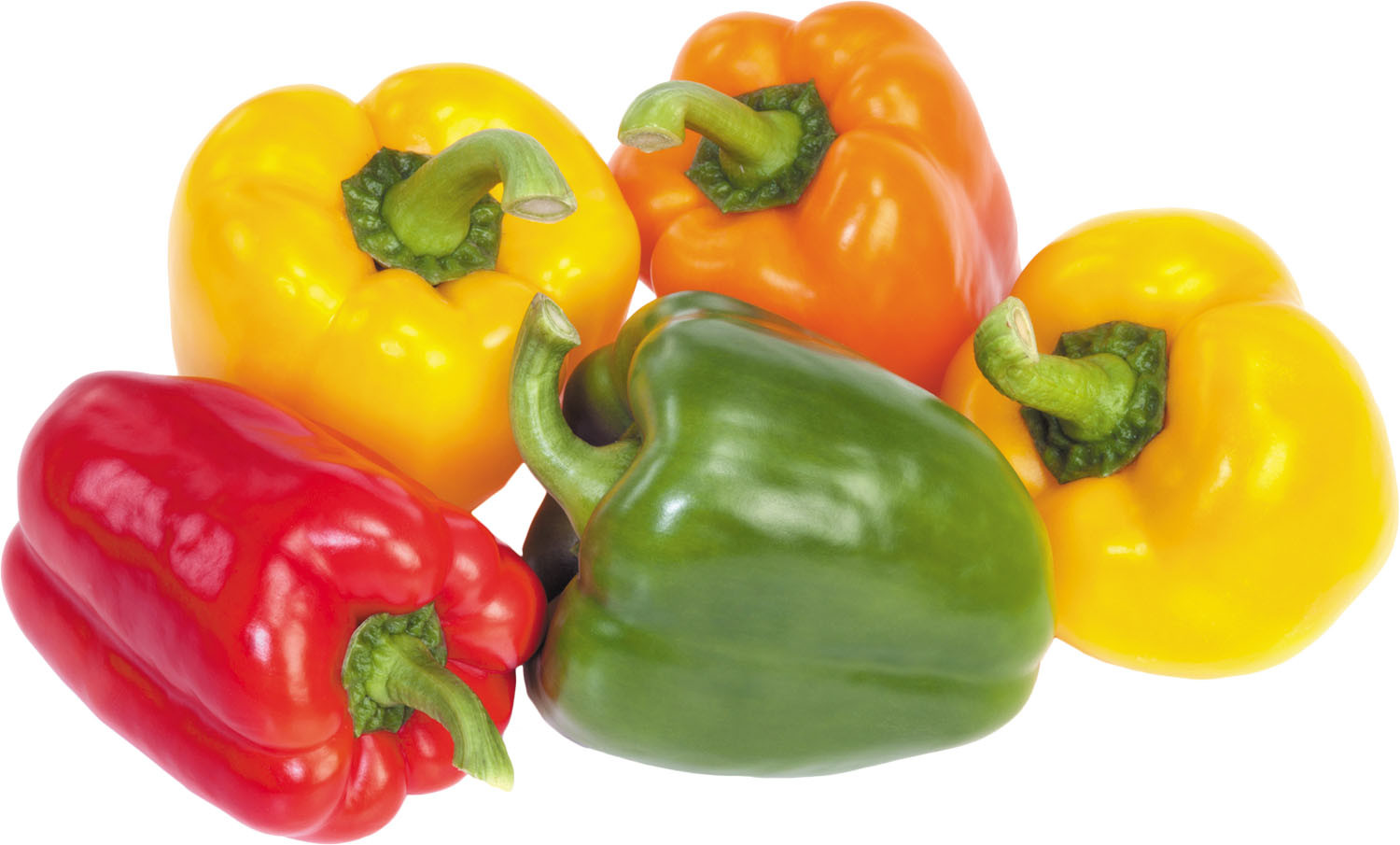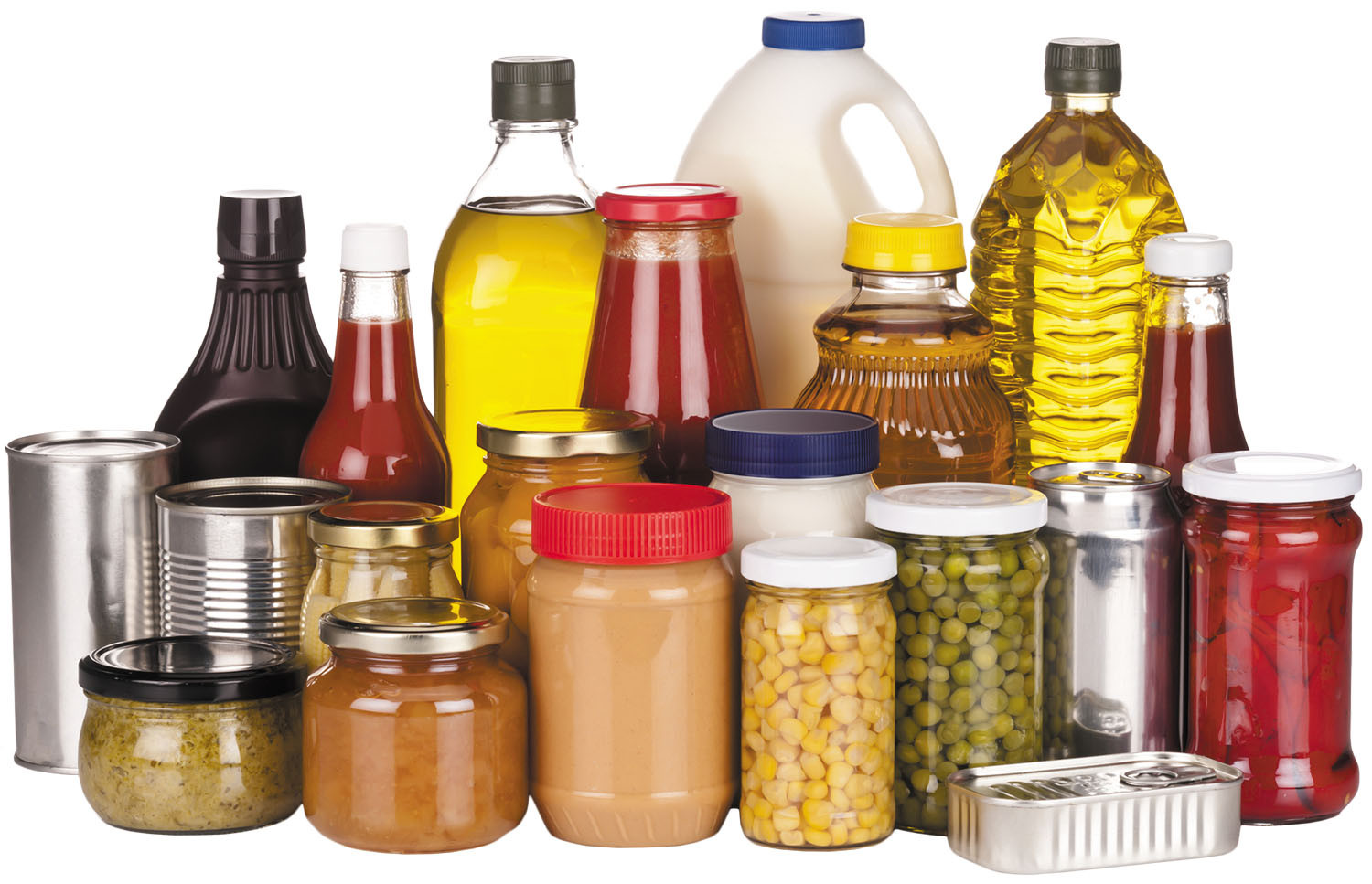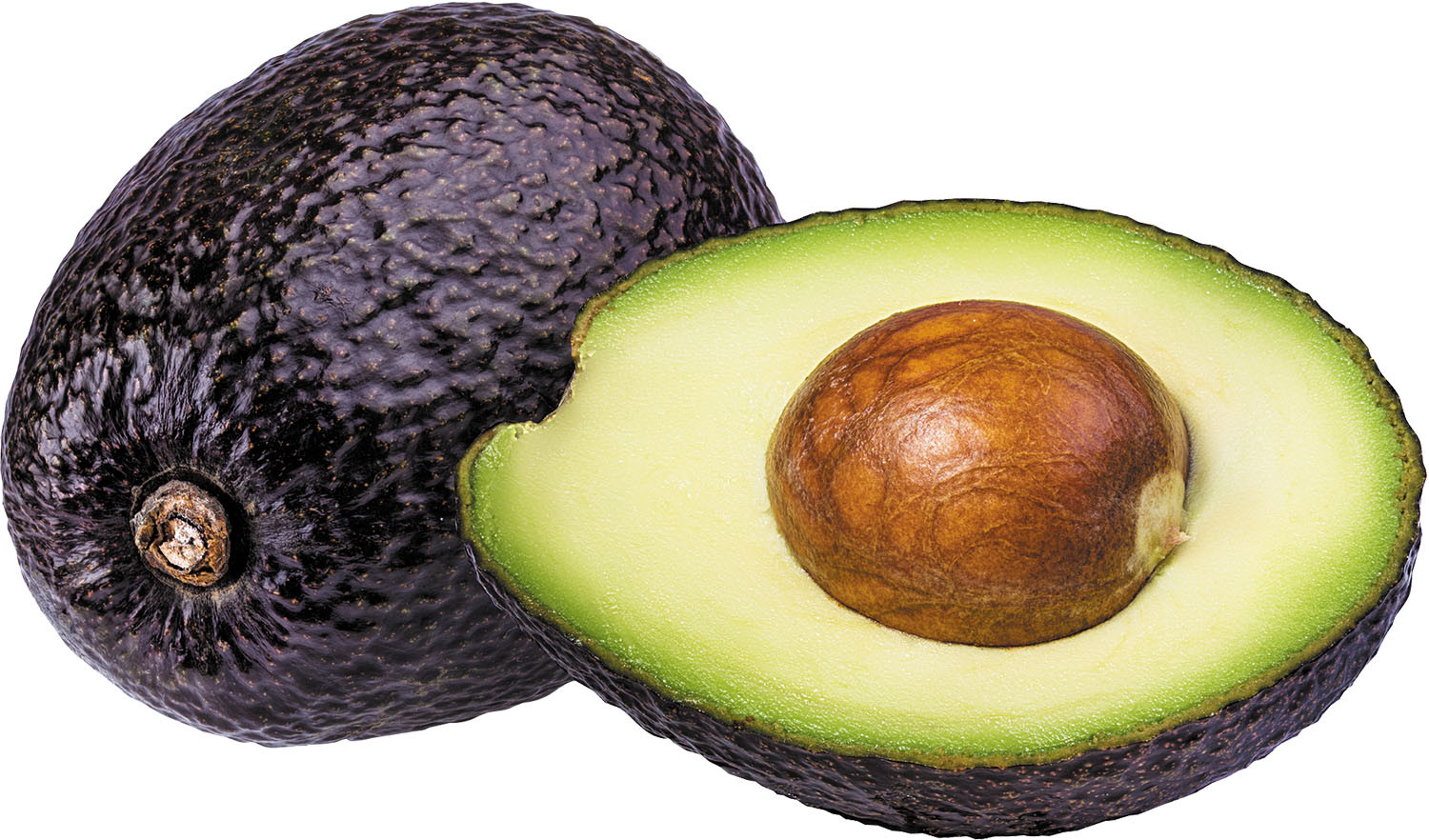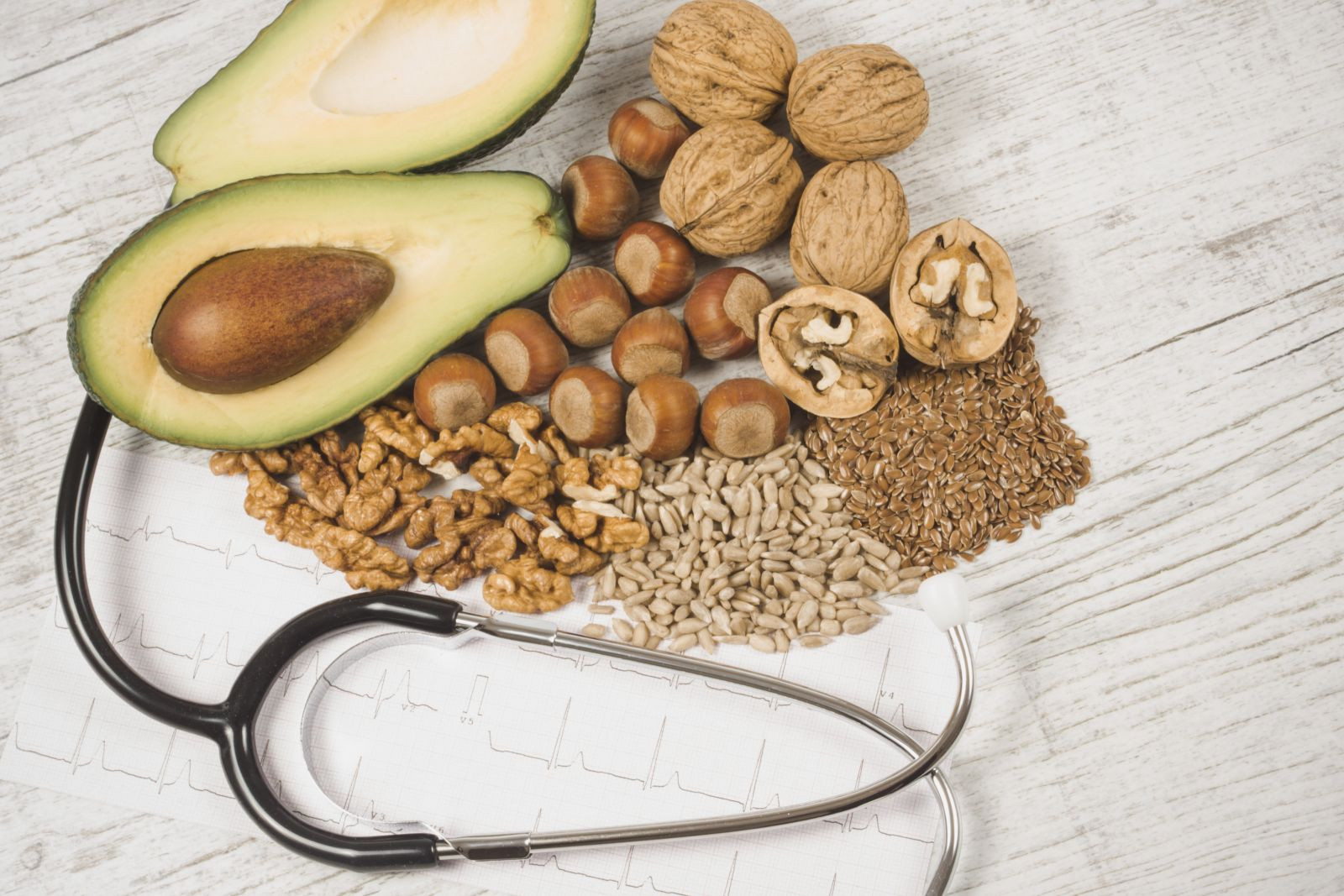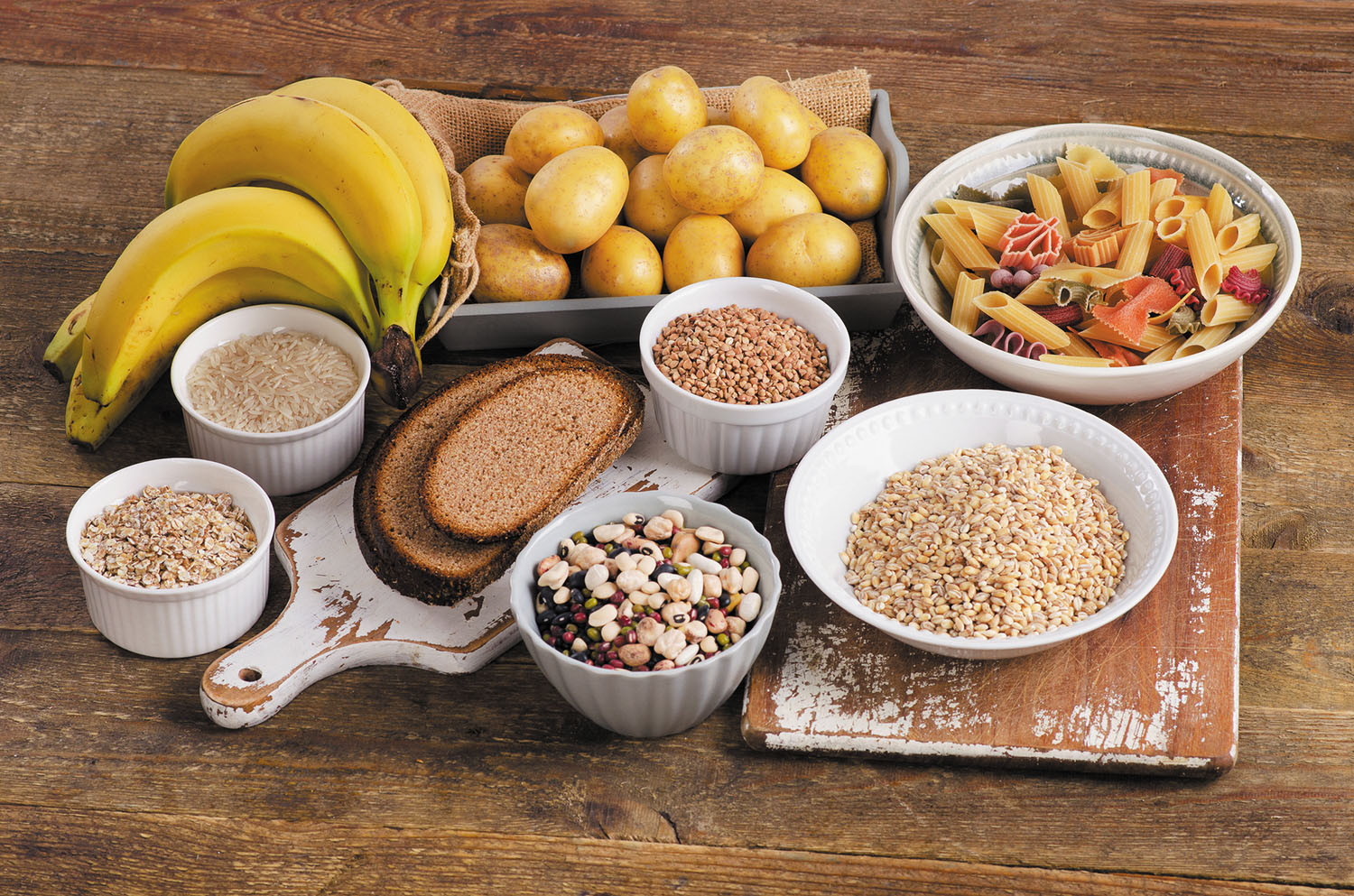
Counting steps is good — is combining steps and heart rate better?

Appendix pain: Could it be appendicitis?

Can saw palmetto treat an enlarged prostate?

How does Ozempic work? Understanding GLP-1s for diabetes, weight loss, and beyond

Zinc: What it does for the body, and the best food sources

Respiratory health harms often follow flooding: Taking these steps can help

Tips to leverage neuroplasticity to maintain cognitive fitness as you age

Can white noise really help you sleep better?

Celiac disease: Exploring four myths

What is prostatitis and how is it treated?
Nutrition Archive
Articles
Extra protein does not build more muscle
In the journals
Can higher protein intake build more muscle in older men? Not according to a study in the April 2018 JAMA Internal Medicine.
The researchers randomized 92 men, average age 73, into four groups. One group followed a daily diet containing 0.8 grams (g) of protein per kilogram (kg) of body weight, the daily Recommended Dietary Allowance (RDA) for all adults, and a weekly placebo injection; another consumed 1.3 g/kg and the placebo injection; a third consumed the 0.8-g/kg diet, but also received a weekly 100-mg injection of testosterone, and the fourth group ate a 1.3-g/kg diet and got a weekly testosterone injection. (The testosterone was included to see if higher protein increased the hormone's muscle-growing effect.)
More dairy associated with higher bone density in men over 50
In the journals
A higher intake of dairy foods, such as milk, yogurt, and cheese, is associated with higher bone density, especially in the spine, in older men, according to a study published online March 30, 2018, by the Journal of Bone and Mineral Research.
Men in their 50s do not experience the rapid loss of bone mass that women do in the years following menopause. However, by their late 60s, they lose bone mass at the same rate as women. These changes can increase their risk of osteoporosis and fractures.
6 ways to improve and protect your vision
Eating an antioxidant-rich diet, wearing protective glasses, and controlling underlying conditions will help protect your vision.
Image: © Sidekick/Getty Images
We all know how important vision is for remaining independent and enjoying the simple pleasures in life, like a colorful sunset or a grandchild's precious smile. But appreciation isn't enough to keep your vision intact. Aging increases the risk for vision loss and eye problems, including cataracts, diabetic eye disease, glaucoma, age-related macular degeneration, and dry eyes.
Adopting the following healthy habits will increase the odds that you'll protect your vision and independence as well as your view of the things that make life beautiful.
Open your heart to mindful eating
Strategies that cultivate self-awareness and compassion may help you lose weight and keep it off.
Image: © Dean Mitchell/Getty Images
Of all the recommendations for preventing heart disease, maintaining a healthy weight tops the list. Excess weight can raise your blood pressure, blood sugar, and cholesterol values, all of which harm the heart. But with about one in three Americans now overweight or obese, weight loss clearly remains a stubbornly elusive goal for many people.
One strategy that's gained traction in recent years is to focus less on what you eat and more on how and why you eat. How? By practicing mindfulness, which teaches you to focus on the present moment, while peacefully acknowledging and accepting your feelings and thoughts and the sensations in your body. Granted, that may sound a bit touchy-feely. But a review of a dozen studies, published in the March 2018 Current Obesity Reports, concluded that there is strong support for including mindful eating practices in weight management programs.
Vegetable of the month: Peppers
Image: © Josef Mohyla/Getty Images
Peppers, which belong to the genus Capsicum, come in a variety of colors, shapes, sizes, and flavors. Bell peppers (available in green, yellow, orange, red, and even purple) make a nice addition to a salad or plate of crudités. Supermarkets carry bags of assorted mini bell peppers that are convenient both for snacking and using in recipes.
While sweet bell peppers are crunchy and mild, hot peppers — such as jalapeños, serranos, and habaneros — provide a tongue-tingling punch of heat. They contain varying amounts of the phytochemicals responsible for the spiciness in hot peppers.
Clean out your pantry, clean up your health
Say goodbye to foods high in refined carbohydrates, sodium, and added sugars.
Image: © fcafotodigital/Getty Images
They say the journey of a thousand miles starts with a single step. And if you're looking to eat a healthier diet, the first few steps should include a stroll over to the pantry.
Inside, you may find staples of the standard American diet: foods in boxes, bags, cans, and jars, brimming with refined grains, salt, added sugars, or saturated fat.
Vegetable of the month: Avocado
Image: © ilietus/Getty Images
Avocados are one of the few fruits (yes, technically they're a fruit, not a veggie) that contain healthy unsaturated fats. These fats help lower undesirable LDL cholesterol when eaten in place of saturated fat.
The popular Haas avocado, which has dark-green, nubby skin, grows year-round in California. A larger variety with smoother, bright-green skin grows in Florida. Marketed as SlimCado, it contains about half the fat and a third fewer calories than Haas avocados.
Plant-based fats: Better for the heart than animal fats?
Research we're watching
Monounsaturated fats — which fall under the umbrella of unsaturated fats — are found in olives, nuts, and avocados, as well as in meat and dairy products. Although some studies have found that diets rich in monounsaturated fat lower the risk of heart disease, others have not.
But the source of the fat appears to make a difference. That's according to researchers at the Harvard T.H. Chan School of Public Health, who studied dietary data from more than 90,000 people over an average of 22 years. Heart disease risk was lower when unhealthy saturated fat, refined carbohydrates, or trans fat was replaced by plant-based monounsaturated fat, but not by animal-based monounsaturated fat. Higher intake of the plant-based fats was associated with a 16% lower risk of dying from any cause. In contrast, higher intake of the animal-based fats was linked to a 21% higher risk of dying from any cause.
The smart way to look at carbohydrates
While the low-carb diet trend is still going strong, experts suggest you pay more attention to quality, not quantity.
Image: © bit245/Getty Images
Over the years, carbohydrates have become nutritional villains. It seems everywhere you look, people advise you to watch carbs, cut carbs, or go low-carb. But you need carbs — and more than you may think.
Dietary carbs provide the body's primary energy source, glucose, which fuels everything you do, from breathing to thinking to running.

Counting steps is good — is combining steps and heart rate better?

Appendix pain: Could it be appendicitis?

Can saw palmetto treat an enlarged prostate?

How does Ozempic work? Understanding GLP-1s for diabetes, weight loss, and beyond

Zinc: What it does for the body, and the best food sources

Respiratory health harms often follow flooding: Taking these steps can help

Tips to leverage neuroplasticity to maintain cognitive fitness as you age

Can white noise really help you sleep better?

Celiac disease: Exploring four myths

What is prostatitis and how is it treated?
Free Healthbeat Signup
Get the latest in health news delivered to your inbox!
Sign Up





